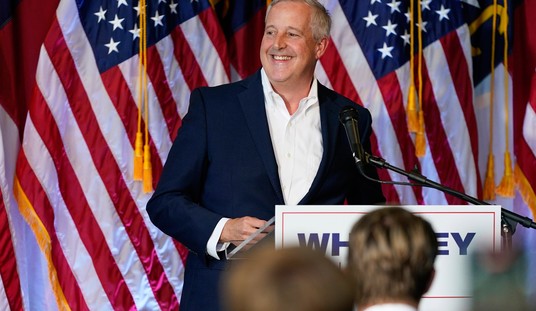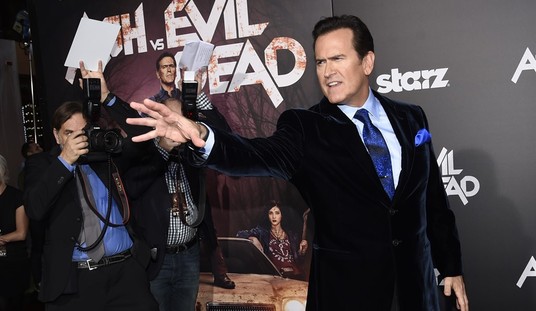In news that flew under the radar over the last week (which is not surprising given the constant newsmaker occupying the White House), Independent Journal Review officially terminated Benny Johnson.
It’s good news, except for the fact that Johnson should not have been employed as a journalist.
In the ongoing distrust the public has for the press, it shouldn’t surprise people to know part of that trust comes from knowing reporters and yes, columnists, do their work accurately. They should also do their own writing and not make stuff up.
Simple, right? Unfortunately, it does not work that way in all cases. It did for people like Stephen Glass from The New Republic and Jayson Blair from The New York Times. Glass fabricated whole or in part, 27 of the 41 stories he wrote for the magazine in the 1990’s. Blair engaged in the fabrication of stories and plagiarized the work of others in series of articles in the early 2000’s.
The good news is, neither Glass nor Blair work in the field of journalism. Glass is an attorney in California and Blair works as a life coach in Virginia after coming to terms with bipolar disorder and getting clean of drugs and alcohol. That they no longer work as journalists as a testament to the industry wanting to maintain their integrity.
But in the case of Johnson, that went by the wayside.
It’s not unheard for journalists to mess up and make mistakes. When people write for years, the possibility exists of lifting somebody else’s work without realizing it. MSNBC’s Mike Barnicle is a perfect example. In 1998, he resigned from The Boston Globe after they determined a story he wrote lifted passages from a book by George Carlin. In the course of examining his other work, they came across another story that could not be confirmed in its’ entirety. Still, in Barnicle’s case, that’s all the Globe found, spanning his tenure of 24 years with the newspaper.
Johnson, on the other hand, committed 41 cases of plagiarism during his time at Buzzfeed making up nearly 10% of the work he did. Fired in July of 2014, National Review hired him just three months later. It was an astonishing move on their part because of the depth of Johnson’s misdeeds. National Review editor Rich Lowry said Johnson “owned up to it” and “learned from it.” Five months later, IJR hired Johnson where he subsequently faced another charge of plagiarism. I guess he didn’t learn from it. IJR demoted Johnson at the time. As for Johnson’s termination, there’s nothing to suggest it came as a result of journalistic malpractice on top of other reasons such as violating company ethics.
That said, Johnson’s career as a journalist should be over.
Unfortunately, he’s not the only one that continues to reap the rewards of a career despite committing the kind of journalistic faux pas that would have one go the way of Stephen Glass or Jayson Blair. Fareed Zakaria enjoys a successful career at CNN despite the website Our Bad Media documenting dozens of cases of Zakaria lifting the writing of others and passing it off as his work.
Brian Williams got caught making up stories where he claimed to be witness to events that never happened. He received only a suspension by NBC and six months later began hosting The 11th Hour on MSNBC and their chief anchor, meaning he would lead coverage of any major news event such as election night.
What’s genuinely bothersome is the refusal of people who work with those engaging in that malpractice from calling out their colleagues. Instead, they act like people on a plane or using mass transit, wearing headphones, staring at their smartphones, pretending not to know what’s going on around them. It’s modern version of “LALALALALALA!”
All the while, they know it makes the entire industry look bad. Why won’t they speak up?
In another post, I argued the media can restore some lost trust by being better at their jobs.
Another way would be to make sure serial plagiarists and people who make up stories never have jobs again in journalism. It may sound harsh, but the media relies heavily on credibility. Why would the industry expect people to find them credible when they continue to employ people who have no credibility?













Join the conversation as a VIP Member